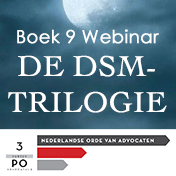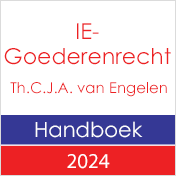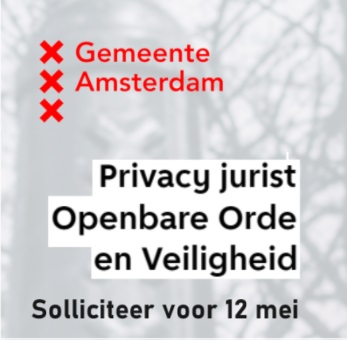
B9 10161. HvJ EU, 22 september 2011, zaak C-323/09, Interflora Inc, Interflora British Unit tegen Marks & Spencer plc, Flowers Direct Online Limited (Prejudiciële vragen High Court of Justice of England and Wales, Chancery Division).
Merkenrecht. AdWords. Het langverwachte Interflora-arrest over o.a. 'sub c'-adwords (bekende merken). Beide partijen bieden een bloemenbezorgingsdienst aan. Interflora c.s. verwijten Marks & Spencer inbreuk te maken op het (bekende) merk INTERFLORA, ‘doordat zij, kort gezegd, verschillende, met dat merk overeenkomende of erop lijkende tekenreeksen als trefwoorden in de door Google aangeboden advertentiedienst „AdWords” heeft gekocht. Eerst even voor jezelf lezen (analyses en commentaren zijn welkom):
On those grounds, the Court (First Chamber) hereby rules:
1. Article 5(1)(a) of First Council Directive 89/104/EEC of 21 December 1988 to approximate the laws of the Member States relating to trade marks and Article 9(1)(a) of Council Regulation (EC) No 40/94 of 20 December 1993 on the Community trade mark must be interpreted as meaning that the proprietor of a trade mark is entitled to prevent a competitor from advertising – on the basis of a keyword which is identical with the trade mark and which has been selected in an internet referencing service by the competitor without the proprietor’s consent – goods or services identical with those for which that mark is registered, where that use is liable to have an adverse effect on one of the functions of the trade mark. Such use:
– adversely affects the trade mark’s function of indicating origin where the advertising displayed on the basis of that keyword does not enable reasonably well-informed and reasonably observant internet users, or enables them only with difficulty, to ascertain whether the goods or services concerned by the advertisement originate from the proprietor of the trade mark or an undertaking economically linked to that proprietor or, on the contrary, originate from a third party;
– does not adversely affect, in the context of an internet referencing service having the characteristics of the service at issue in the main proceedings, the trade mark’s advertising function; and
– adversely affects the trade mark’s investment function if it substantially interferes with the proprietor’s use of its trade mark to acquire or preserve a reputation capable of attracting consumers and retaining their loyalty.
2. Article 5(2) of Directive 89/104 and Article 9(1)(c) of Regulation No 40/94 must be interpreted as meaning that the proprietor of a trade mark with a reputation is entitled to prevent a competitor from advertising on the basis of a keyword corresponding to that trade mark, which the competitor has, without the proprietor’s consent, selected in an internet referencing service, where the competitor thereby takes unfair advantage of the distinctive character or repute of the trade mark (free-riding) or where the advertising is detrimental to that distinctive character (dilution) or to that repute (tarnishment).
Advertising on the basis of such a keyword is detrimental to the distinctive character of a trade mark with a reputation (dilution) if, for example, it contributes to turning that trade mark into a generic term.
By contrast, the proprietor of a trade mark with a reputation is not entitled to prevent, inter alia, advertisements displayed by competitors on the basis of keywords corresponding to that trade mark, which put forward – without offering a mere imitation of the goods or services of the proprietor of that trade mark, without causing dilution or tarnishment and without, moreover, adversely affecting the functions of the trade mark with a reputation – an alternative to the goods or services of the proprietor of that mark.
Lees het arrest hier (in alle EU talen behalve het Nederlands). NL-Perscommuniqué hier.



























































